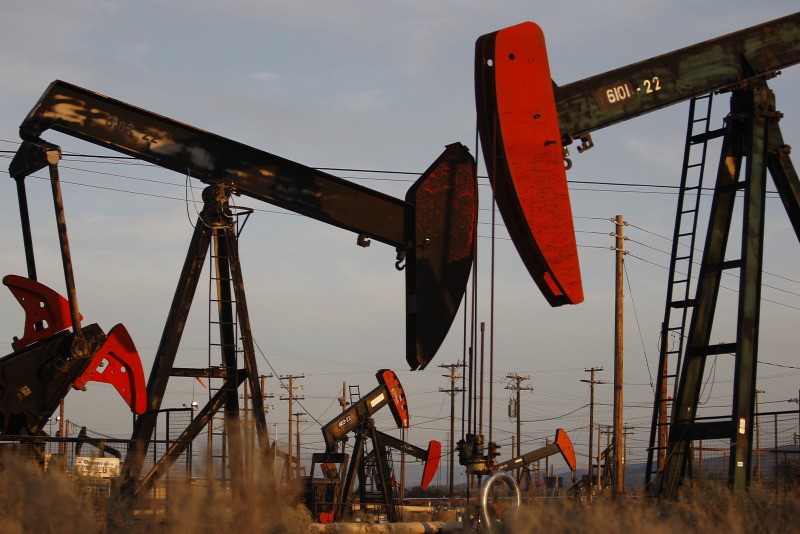Russia exports a total of roughly seven million barrels of crude and refined oil per day, making it the world's second largest crude oil exporter after Saudi Arabia. The largest importer of Russian oil products is the European Union, which imported 53 percent of total Russian oil exports in April 2022. For all this, the member states of the union paid Russia around 300 million dollars per day.
Examining imports by member country, we can see that
NETHERLANDS, GERMANY AND POLAND BOUGHT MOST RUSSIAN OIL. THESE THREE COUNTRIES IMPORT A TOTAL OF TWO MILLION BARRELS PER DAY, WHICH IS 55 PERCENT OF THE UNION'S IMPORTS.
For all this, they pay 157 million dollars on a daily basis, which means that these countries give more than half of the EU amount paid to Russia for oil.
In the meantime, the regional countries that include Hungary, Slovakia and the Czech Republic (that is, without Poland) import a total of just under four hundred thousand barrels of oil per day, which is worth roughly 30 million dollars. Within the total Russian oil exports, this amounts to only 5.6 percent, and roughly ten percent of the EU's Russian oil imports.
It is therefore particularly surprising what efforts the European Commission is making to ensure that these countries renounce their own national economic interests, essentially without a vision for the future.
The available data also show that a significant part of Russian crude oil exports to the EU, about 80 percent, arrive on tankers and only 20 percent by pipeline. If refined oil is also taken into account, the proportion of oil arriving on tankers is even higher.
If the tankers are closed, then 80 percent of Russia's exports to the EU would be lost. From all this, it can be concluded that even with the complete exemption of Hungary, the Czech Republic and Slovakia, it is possible for a large part of Russia's European crude oil exports, almost 90 percent, to fall under the embargo, so that the countries accepting the Russian import ban could make up for their little on tankers, although presumably much more expensive than they did this before from a Russian source. The question is, do the countries in question really want to undertake this, or are they just using the embargo as a communication tool?
Source: original
Photo: AFP/David Mcnew













